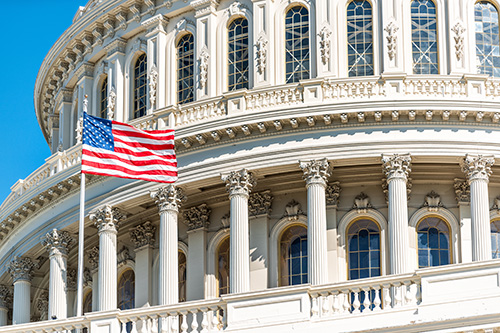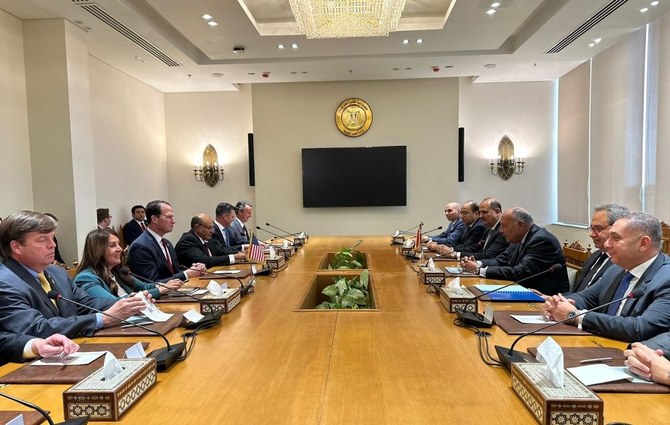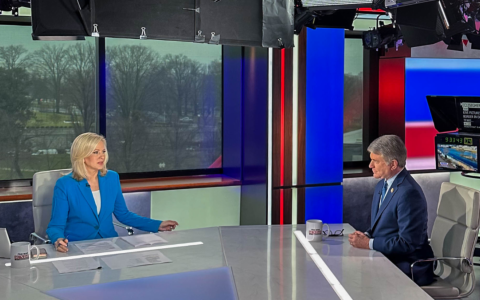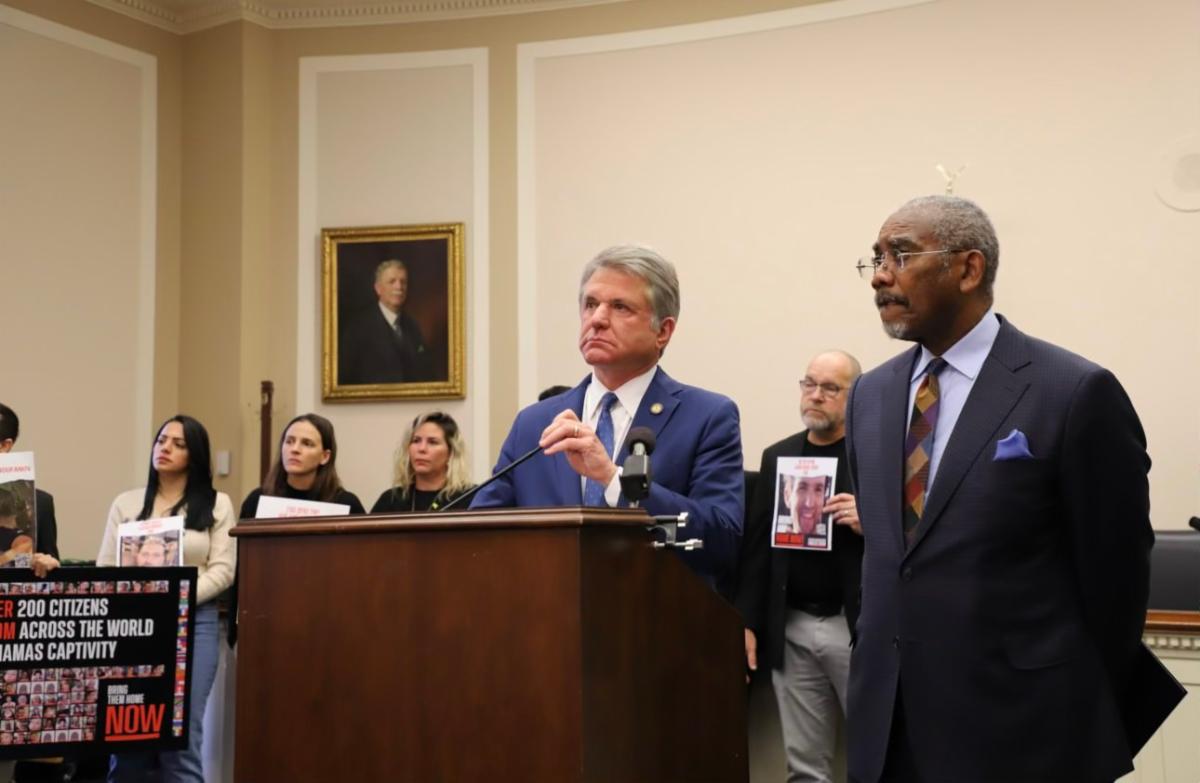'Jillennials' and the NYC Halloween Terror Attack
 Over the past year, I’ve presented findings from our research that models the threat of Jillennials — or Jihadi Millenials — who fall prey to online radicalization funnels laid out by ISIS, AQAP (Al Qaeda in the Arabian Peninsula) and AQIS (Al-Qaeda in the Indian Subcontinent).
Over the past year, I’ve presented findings from our research that models the threat of Jillennials — or Jihadi Millenials — who fall prey to online radicalization funnels laid out by ISIS, AQAP (Al Qaeda in the Arabian Peninsula) and AQIS (Al-Qaeda in the Indian Subcontinent).
ISIS has taken what was a loose band of online recruiters and weaponized their operations to become a formalized network of recruiter operations that spans major cities within the territory they occupy between Syria and Iraq, in just three years.
As their territory has waned through successful U.S. and Iraqi led coalition campaigns with the Kurds (Peshmerga / YPG) and Allied Troops (SDF), ISIS’s online operations haven’t been nearly as heavily impacted. Operational centers in Raqqa and Mosul were easily moved, as radicalization in 2017 means online engagement moreso than the recruitment and training camps of Al-Qaeda in the 1990s and 2000s.
The limited impact on ISIS’s online operations means that their recruiters have easy access to lost and disenfranchised youth looking for meaning online.
Both our research and the JTTF’s findings show that Jillennials are:
- Millennial (21 – 34), Disenfranchised
- Western (White) or Second+ Generation OR Immigrant
- Secular (Non-religious)
- Looking for Meaning (ISIS baits for this)
Looking at Sayfullo Saipov, this week’s NYC attacker, The New York Times noted that:
“As with any attack like this, there is no single reason Mr. Saipov reportedly decided to kill innocents, mostly tourists enjoying a blustery fall day, 56 degrees with blue skies. He had come to the United States as a moderate Muslim with dreams of making it. He married another Uzbek immigrant and fathered three children. But life did not work out the way Mr. Saipov had wanted. He could not find a job in the hotel business, in which he had worked back home. He developed a violent temper. He lost jobs. An imam in Florida worried that Mr. Saipov increasingly misinterpreted Islam.”
What we see is not only the risk factors of the Jillennial profile present, but the additional risk factors of Saipov being estranged from the local Muslim community. This latter factor is one of the reasons why he was not flagged.
A Belfer Center study notes that American Muslims have been an effective means of flagging terror risk factors in the past:
“A study by Syracuse University found that from 2001 through 2010, in 22 percent of all cases in which defendants were charged with some terrorist related offense, tips from family or community members brought the person to law enforcement’s attention.”
Further various FBI sources have noted that up to 70 percent of terror related cases have been prevented by information being provided by American Muslim communities.
Last night on i24 news, Craig Snyder, CEO of the World Affairs Council, and I concurred that America is about 95 percent secure from terror risk — and that as opposed to increased militarization, there are more effective steps that can be taken to root out terrorism. Namely:
- Start Holding Social Media companies accountable for being leveraged as recruitment platforms — ISIS is selling a horrific cult online. Why aren’t social media companies actively working to disrupt this?
- Begin building Interfaith Bridges between Christian and Muslim communities. Increased engagement shines the light on troubled individuals and opens more doors for safeguarding youth from the risks of online radicalization.
- Look to the American Muslim Community as a line of defense. American Muslims are just as frightened as everyone else of terror. Engaging Muslim leaders in local watch, police community boards, and community affairs activities helps us close an information gap.
The only way we’re going to keep ISIS from our shores and the minds of Millennials and Gen-Z is by working together as Americans to fight this scourge. It’s the fight of our time. A time which is now.








